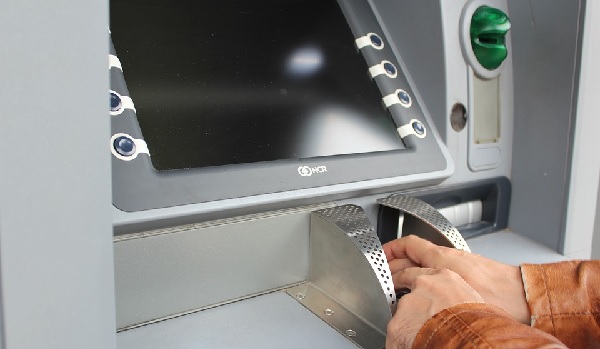Record rise in `vulnerable` students targeted for `money muling`
The number of young people caught using their bank accounts to facilitate money laundering has more than doubled in the last four years, according to the UKs fraud prevention service Cifas.
The number of young people caught using their bank accounts to facilitate money laundering has more than doubled in the last four years, according to the UKs fraud prevention service Cifas. The number of young people caught using their bank accounts to facilitate money laundering has more than doubled in the last four years, according to the UKs fraud prevention service Cifas. Between January and September this year, there were 8,652 cases of money muling involving 18 to 24-year-olds a 75 per cent increase in the last 12 months. The latest figures show a 105 per cent increase since 2013, when there were 4,315 cases. Money muling is the act of allowing money to be transferred into your account, then transferred to another. This money is often used for criminal activity such as terrorism or human trafficking. Criminals usually target students who are low on cash because they are vulnerable and attracted to the ease in which they will receive money, Cifas said. It added that adverts for the vacancy of a financial manager or UK representative can appear online through a social media post, offering big rewards for little work. Many young people are unaware of the seriousness of money muling, and the offence could result in a 14-year prison sentence. Chief Executive of Cifas Simon Dukes said: The criminals behind money mules often use the cash to fund major crime, like terrorism and people-trafficking. We want to educate young people about how serious this fraud is in the hope that they will think twice before getting involved. Katy Worobec, head of fraud and financial crime prevention at the trade association UK finance, added: Money muling is money laundering and criminals are using young people as mules in increasing numbers. We know that students are particularly vulnerable as they are often short of cash. When youre caught, your bank account will be closed, making it difficult to access cash and credit. You could even face up to 14 years in jail. Were urging people not to give their bank account details to anyone unless they know and trust them. If an offer of easy money sounds too good to be true, it probably is. Between November 20 and November 24, Europol carried out 159 arrests, 409 interviews, and identified 766 money mules across Europe. This also led to the identification of 59 recruiters. The increase in money muling cases has led to the start-up of a new campaign led by Cifas called Dont be Fooled. It features a short video called Sponsor a Child Trafficker, in which young people are warned of the role money mules could play in the life of a criminal and the innocent people they enslave. City of London Police Commander Dave Clark, National Co-Ordinator for economic crime, added: As this campaign highlights, criminals will go to any extent in order to use other people`s bank accounts to launder money and evade capture. The message is clear; if you engage in this behaviour you could face up to fourteen years in jail and could be viewed as actively supporting criminals involved in serious crime such as modern slavery, terrorist funding or serious fraud that destroys lives and communities around the globe.”


